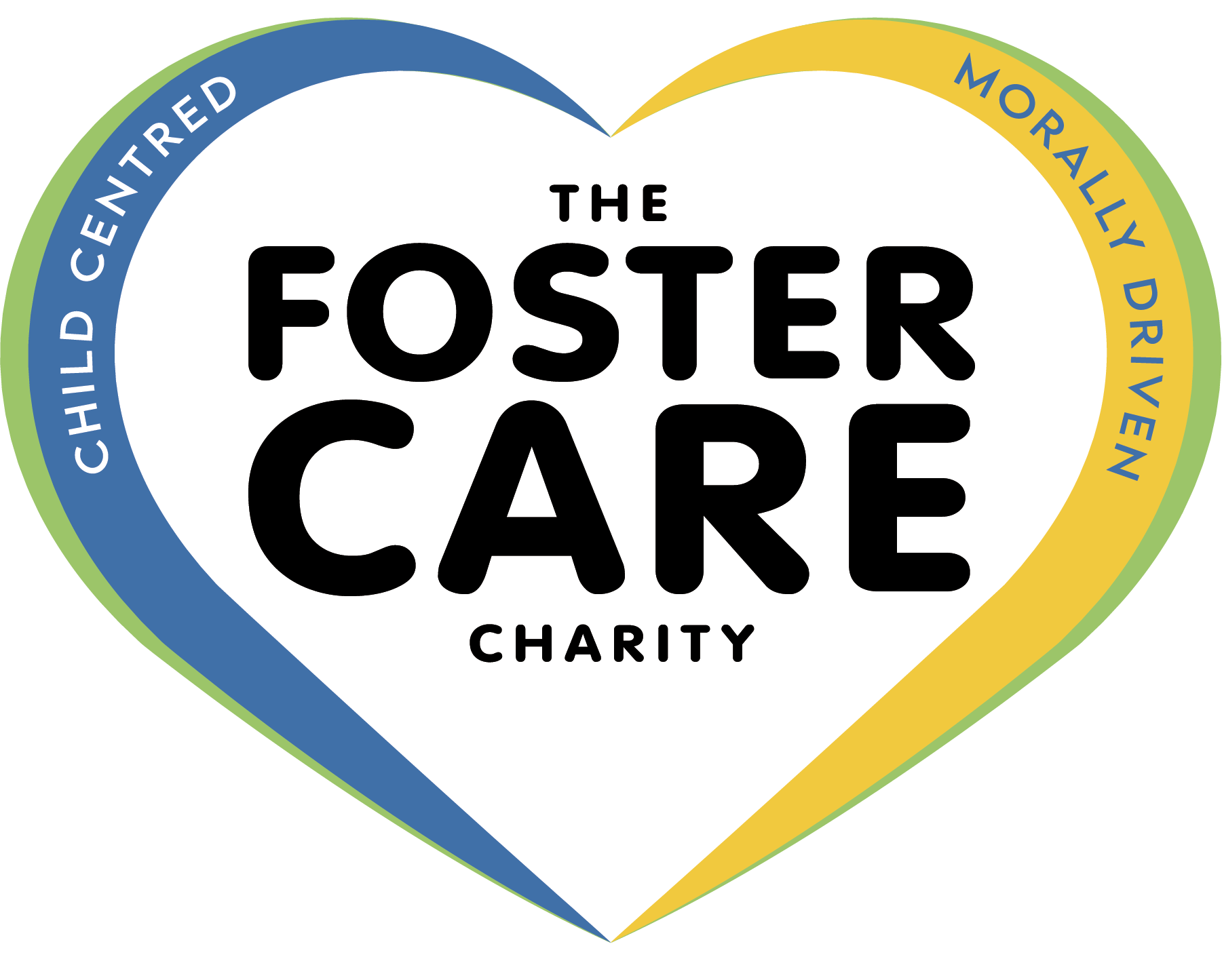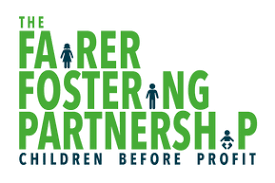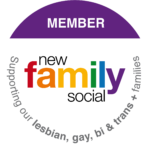
This month’s blog is about digital citizenship and raises the issue of young people needing to have a positive online presence as a future life skill when applying for jobs or college.
Life Skills: Digital Credibility and a positive online presence

This month has seen the launch of The Foster Care Co-operative’s Life Skills Programme led by our leaving care specialist, Pete Johnson. This flexible programme, which is designed to support our young people moving into adulthood, consists of a number of sections a young person can work through. They can be done via stand-alone modules, where a young person may need additional guidance, or alongside a pathway plan (a summary of skills, knowledge and attributes together with life goals) and/or a staying put agreement (when a fostered child stays with their carer beyond the age of 18).
One of these modules is on digital citizenship and keeping safe online as a young adult. It covers advice about making decisions about what to post online and being aware of malicious content and scams, such as considering, ‘is that email from your bank REALLY from your bank’?
Digital citizenship is much more than E-safety and covers all the skills, abilities and knowledge a young person needs to acquire and develop (and practice) to be an active citizen in today’s digital world. This can start with developing technical skills in using devices and keeping up to date with knowledge of online language (bronies, belfies, batmobiling and having a ‘mobile moment’ – see netlingo: http://www.netlingo.com/index.php), followed by progressing to tasks such as managing shopping and banking online. In other words, being a good digital citizen to other people.
When I asked a group of 10 and 11 year olds ‘what does it mean to be a good citizen?’, answers included: ‘be kind’, ‘help others’, ‘don’t steal things’ and ‘hold doors open for people.’
‘Hold a door open for someone’. What a thoughtful answer. This got me thinking about credibility online and what this means for young people to have a positive online presence.
It is widely reported that many employers and universities undertake internet checks on applicants before offering a job or college place, and that inappropriate postings or pictures can negatively influence a prospective employer’s decision. A recent report shows that figure to be around 70% , with postings about drink and drug use the main reason not to be offered a job (38%) but also poor communication skills and an inappropriate screen name featured high on the list (27% and 22% respectively) . The link to this article can be found here.
What is of particular interest is that applicants were being rejected for NOT having an online presence:
“While employers are more apt to dismiss a job candidate for inappropriate postings, they are also more likely to shy away from people who have no social media presence, according to the survey. Fifty-seven percent of employers are less likely to call someone in for an interview if they can’t find a job candidate online. Of that group, 36 percent like to gather more information before calling in a candidate for an interview, and 25 percent expect candidates to have an online presence. Most workers have some sort of online presence today — and more than half of employers won’t hire those without one,” says Rosemary Haefner, chief human resources officer at CareerBuilder.
Today’s young people applying for jobs are expected to be found online through search engines. They are expected to have an online presence and for many young people this is built up through vlogging, blogging, networking, community events and volunteering. YouTube remains the biggest online platform with 87% of 12-15 year olds reporting to use You Tube, and 30% of young people reporting to engage with a civic activity online. (Children and Parents Media Use and Attitudes report 2016)

Vlogging by young people and for young people is big business for companies, with young people preferring products that are endorsed by ‘celebrity’ vloggers.
Do you know what brands Zoella, Thatcher Joe or PewdePie advertise? And actually how many subscribers they have on their YouTube channels? Or the topics they vlog about? It’s worth a look and definitely an eye opener. 55million subscribers! Wow!
Although Zoella, Joe and Pewdepie are almost too old to be ‘young people’, as they are now in their mid 20s, the stage is set for other younger vloggers to follow in their footsteps. One of these in the UK is 12year old Nikki Lilly, who you may recognise as she also won last year’s Junior Bake Off (see http://www.bbc.co.uk/newsround/38887524). Despite her age, she has almost a quarter of a million subscribers to her channel, and in my opinion, presents as a positive role model for young girls (1)
Whatever route young people choose to create a positive online presence and establish credibility online, the rules of e-safety still apply. It is important to keep an open dialogue and show an interest in what young people are doing and creating. Young people’s internet use is evolving and having a positive online presence, where it is safe, supported and appropriate, can be a helping hand to digital citizenship and opportunities for future life.
Thank you for reading my blog
Lynn Findlay
(1) Advice on You Tube accounts for under 13 year olds: https://www.commonsensemedia.org/learning-with-technology/is-it-ok-for-my-kid-to-start-her-own-youtube-channel








